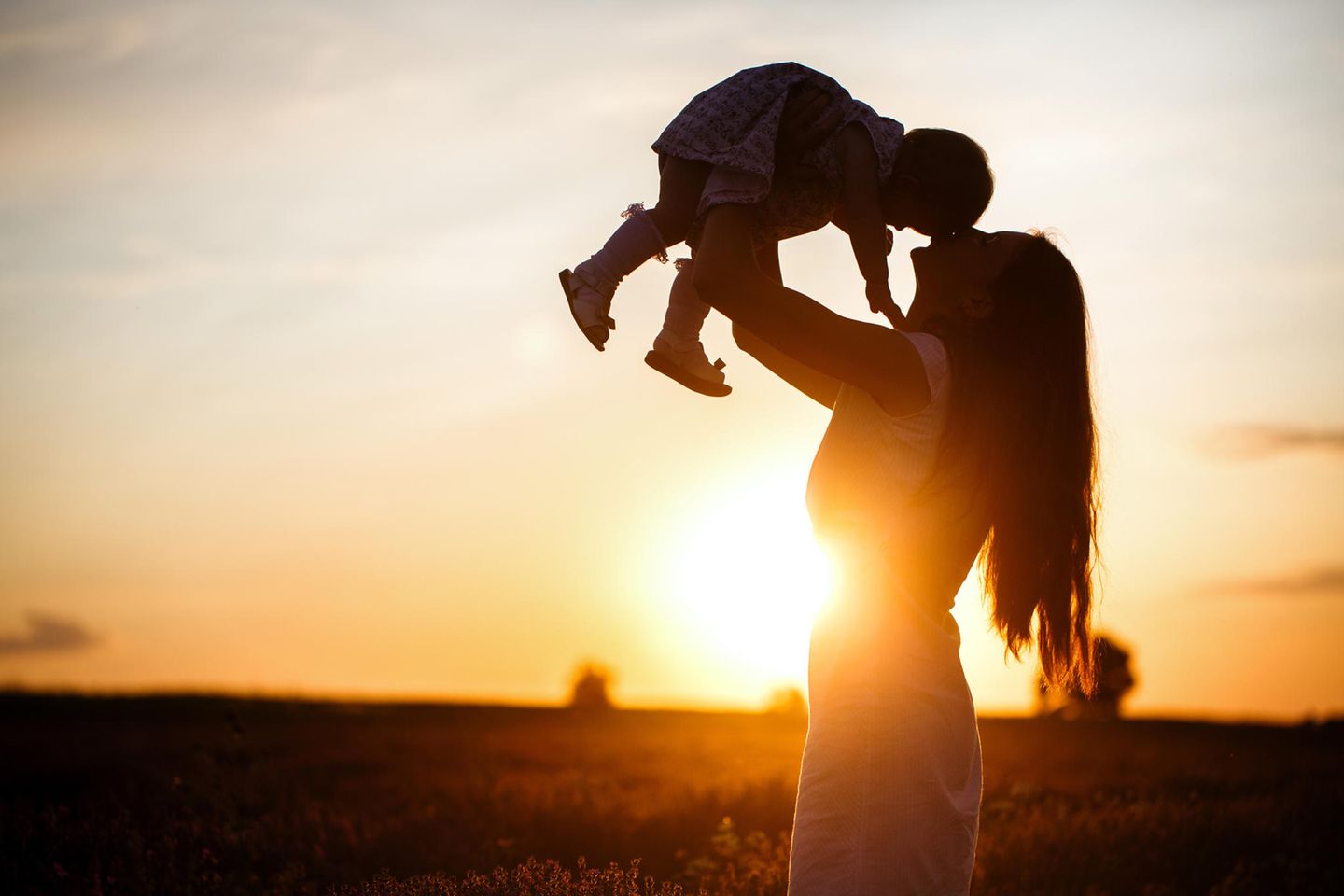Germany with few children
Every fifth woman in Germany is childless
© Yulia Sugarbox / Adobe Stock
The childless rate has remained almost the same for ten years. Why do so many people in a country as well positioned as Germany have no children?
The childless rate in Germany will be 20 percent in 2022 – and has therefore remained almost constant for ten years, as stated in a press release by the Federal office of statistics is called. The figures refer to the proportion of women without biological children who were between the ages of 45 and 49 in 2022. In the international comparison Germany is at the upper end with this proportion, only Japan has more childless women, in Europe the proportion is an average of 15 percent.
So every fifth woman in Germany does not have a child – but why not? Probably because, even in 2023, a child is one thing for a woman: a career killer.
The level of education appears to have an influence on the desire to have children
The number of childless women varies greatly within Germany: in western Germany, at 20 percent, it was significantly higher than in eastern Germany, at 14 percent (Berlin not included). When looking at individual federal states, the differences are even more serious: While in Thuringia just over every tenth woman is childless (14 percent), in Hamburg it is almost every third (29 percent).
And the level of education also has a statistical influence on the desire to have children: the childless rate was eleven percent for women with a low level of education, 21 percent for those with a medium level of education and 23 percent for women with a high level of education. “Women are the absolute winners of the educational explosion,” explains Johannes Kopp, professor for empirical social research in Trier, these values in an interview with the “Frankfurter Allgemeine”. Because with the increased level of education, the awareness of a life plan far away from the household and raising children arose. And to this day, career and children are difficult to combine.
career or child?
As early as 2013, the childless rate was 22 percent, even then it was particularly high among university graduates, just as the proportion of childless women in the old federal states was significantly higher than in the new ones. And then as now, it was mostly the mothers who interrupted their employment or gave it up entirely to take care of the children: in 2012, only around every third mother with children under the age of three was employed, among fathers it was 85 percent. In 2022 were almost 40 percent of mothers with a child under the age of three are employed – for fathers it was 89.6 percent.
The SPD leader at the time, Manuela Schwesig, reacted to the figures from 2013 with an appeal to employers: The world of work must become more family-friendly and not families more work-friendly. If every second new employment contract is only concluded for a limited period and precarious forms of employment are increasing, family planning is hardly possible. At least at this point something has happened: In 2021 it was loud in Germany Federal Statistical Office every fourteenth (7.4 percent) employment contract is temporary. But deciding whether a woman can afford to have a child involves more than fixed-term contracts.
“Child penalties” refer to loss of income after the birth of the first child, explains economics professor Josef Zweimüller interview with the “Süddeutsche Zeitung” and says very clearly: “For women, children are a punishment in terms of salary.” Ten years after the birth of their first child, women would still earn 61 percent less on average than in the year before the birth. According to the scientist, this is an effect that fathers do not have. To this day, the woman mostly stays at home when she has a child, she still interrupts her work and accepts immense financial losses, which will also affect her pension. Statistically speaking, women are more at risk of poverty than menthe difference increases with age.
For a woman, the decision to have a child not only depends on factors such as her own fertility or the right partner – but also on whether she is willing to interrupt her career or maybe even give it up entirely. And this problem has done just as little in recent years as the childless rate.
Sources used: destatis.de, bpb.de, deutschlandfunk.de
